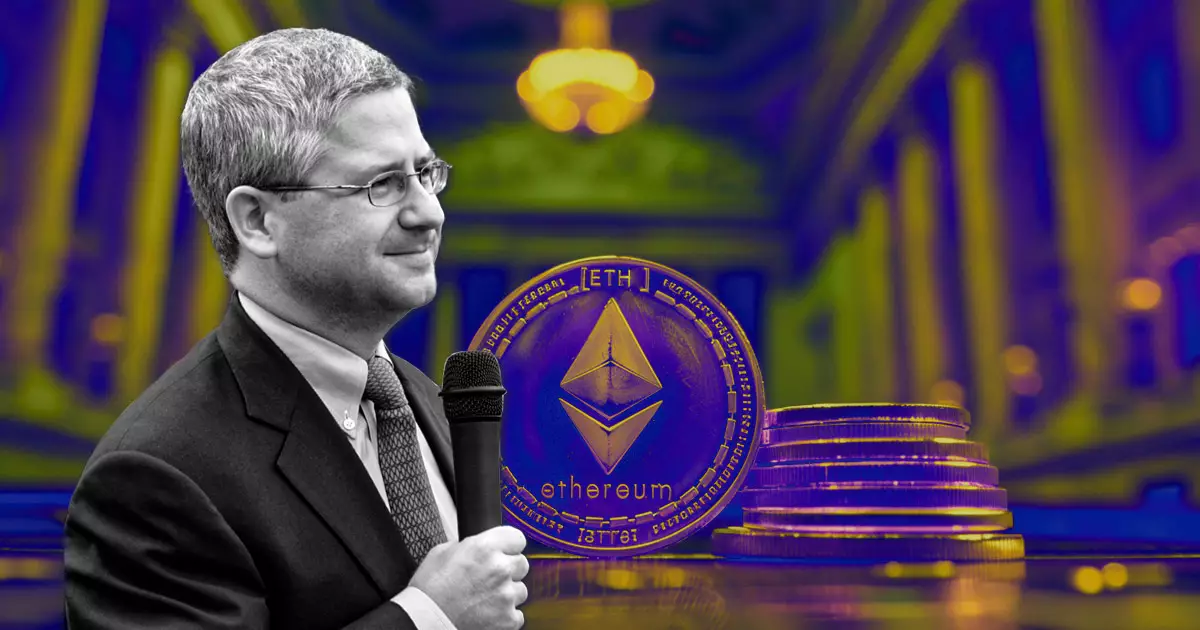Recently, House Financial Services Committee Chairman Patrick McHenry accused SEC Chair Gary Gensler of misleading Congress during his testimony in April 2023. The accusation arose from concerns about the classification of Ethereum and the SEC’s regulatory approach to digital assets. McHenry pointed out that recent court documents indicate that Gensler evaded questions about whether the SEC views ETH as a security, raising questions about transparency and consistency at the agency.
During a committee session in April, Gensler faced inquiries about the SEC’s stance on digital currencies, specifically Ethereum. However, he refused to provide clear answers, leading to accusations of intentional misrepresentation. The Financial Services Committee sees this episode as part of a broader pattern of arbitrary regulatory enforcement under Gensler’s leadership, which they argue stifles innovation, exposes consumers to risks, and threatens national security.
The classification of digital assets like Ethereum holds significant implications for the crypto industry, impacting investor protections and regulatory responsibilities. While historically the SEC has not classified Ethereum as a security, internal documents from 2018 reveal a different perspective. To address regulatory uncertainties, the committee is pushing for the bipartisan “FIT for the 21st Century Act” to establish a clear regulatory framework for digital asset markets and strengthen consumer protections.
As of now, the SEC has not responded to the allegations made by McHenry. These developments are likely to reignite debates over digital asset regulation and the role of government oversight in balancing innovation with market stability and consumer protection. The controversy adds to concerns about the agency’s operational integrity, especially following a recent federal court decision that sanctioned SEC enforcement lawyers for misleading the court.
Chairman McHenry and other committee Republicans have expressed their commitment to holding the SEC and Gensler accountable for what they perceive as regulatory overreach. The ongoing tensions between industry participants and regulators underscore the challenges of balancing innovation and investor protection in the rapidly evolving digital asset landscape. It remains to be seen how the SEC will address these allegations and navigate the complexities of regulating digital assets in the future.

